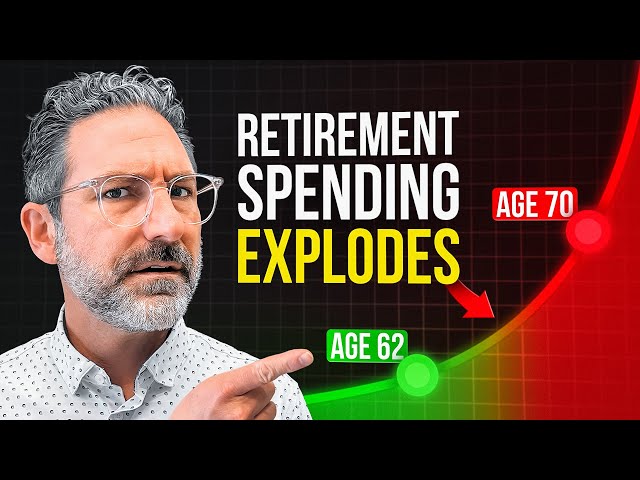As you may know, the world is watching Russia and Ukraine. Be aware that although knee-jerk movements will happen, geopolitical events do not have a lasting impact on markets. I've included two different charts that show how markets have responded to other events in history.

History tells us periods of uncertainty like we're seeing now is when stocks suffer the most. Yet, in 2015 (Swiss Finance Institute), researchers looked at U.S military conflicts after World War II and found that in cases where there is a pre-war phase, an increase in the war likelihood tends to decrease stock prices. Still, the ultimate outbreak of war increases them. However, when a war starts as a surprise, the outbreak of war decreases stock prices. 1
The image below shows what happens during the actual war. Stock markets tend to surprisingly be less volatile than at other times (with the exceptions of the Gulf War, when it was on par with average historical volatility).

We have volatility not by Russia/Ukraine alone but also because of a combination of an already fragile situation in interest rates and inflation. Based on historical information, the implication would be that because Ukraine developed over some time, the event would not have much long-term impact on the overall development of markets. Instead, the most likely reason for volatility will continue to be led by the Fed and its policy changes concerning overall interest rates and inflation.
- Brune, Amelie, et al. "The war puzzle: Contradictory effects of international conflicts on stock markets." International Review of Economics Vol. 62, No. 1. 2015. Pp. 1-21



%20(2).jpg)




.jpg)







